- Overview
- Disease Models
- FAQs
Creative Bioarray offers a comprehensive portfolio of well-established and customized disease models to support preclinical efficacy evaluation of your therapeutic candidates. With proven expertise in disease models, our scientific team collaborates closely with clients to recommend the most clinically relevant in vivo models tailored to their target indications. From autoimmune and metabolic disorders to oncology and neurological diseases, we provide robust, translational models that help de-risk your pipeline and accelerate drug development.
Whether you need standardized study protocols or fully customized model development, Creative Bioarray is your reliable partner for high-quality, reproducible efficacy data. Explore our therapeutic areas below or contact us to discuss a tailored study plan and receive a quote.
Our Disease Model Platforms
120+
Validated Animal Models17
Therapeutics Areas19
Years Experience


Inflammation & Autoimmune Disease Models
Tailored models that capture diverse inflammatory and autoimmune conditions, supporting the discovery of effective immunotherapies.
- Rheumatoid Arthritis Models
- Glomerulonephritis models
- Multiple Sclerosis (MS) Models
- Ocular Inflammation Models
- Sjögren's Syndrome Model
- LPS-Induced Acute Lung Injury Model
- Peritonitis Models
- Passive Cutaneous Anaphylaxis Model
- Delayed-Type Hypersensitivity (DTH) Models
- Inflammatory Bowel Disease Models
- Systemic Lupus Erythematosus Animal Models
- Oral Mucositis Model
- Asthma Model
- Sepsis Model
- Psoriasis Model
- Atopic Dermatitis (AD) Model
- Scleroderma Model
- Gouty Arthritis Model
- Carrageenan-Induced Air Pouch Synovitis Model
- Carrageenan-Induced Paw Edema Model
- Experimental Autoimmune Myasthenia Gravis (EAMG) Model
- Graft-versus-host Disease (GvHD) Models

Cardiovascular Disease Models
Robust preclinical systems for evaluating cardiovascular disorders and accelerating the development of novel treatments.
- Surgical Models
- Hypertension Models
- Venous Thrombosis Model
- Atherosclerosis Model
- Cardiac Arrhythmia Model
- Hyperlipoidemia Model
- Doxorubicin-induced Heart Failure Model
- Isoproterenol-induced Heart Failure Model
- Arterial Thrombosis Model
- Pulmonary Arterial Hypertension (PAH) Models
- Heart Failure with Preserved Ejection Fraction (HFpEF) Model
- Cardio-Renal-Metabolic (CKM) Syndrome Model
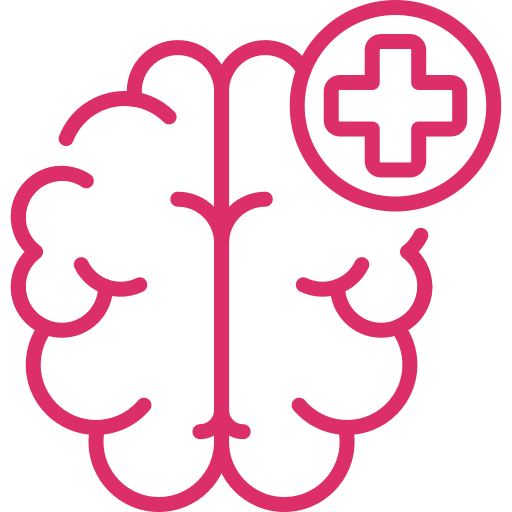
Neurological Disease Models
Cutting-edge models designed to mimic neurological diseases and drive innovation in CNS drug discovery.
- Alzheimer's Disease Model
- Seizure Models
- Parkinson's Disease Models
- Ischemic Stroke Models
- Acute Spinal Cord Injury (ASCI) Model
- Traumatic Brain Injury (TBI) Model
- Hypoxic-Ischemic Encephalopathy (HIE) Model
- Tourette Syndrome (TS) Model
- Amyotrophic Lateral Sclerosis (ALS) Model
- Huntington's Disease (HD) Model
- Intracerebral Hemorrhage (ICH) Models
- Schizophrenia Model
- Depression Model


Oncology Models
Comprehensive oncology models, from CDX to PDX, enabling translational cancer research and novel therapy development.
- Cell line-derived Xenograft Models (CDX)
- Patient-derived Xenograft Models (PDX)
- Gene-edited Animal Models
- Chemically Induced Animal Models
- Syngeneic Mouse Models
- Orthotopic Models
- High Stromal Tumor Models
- Metastasis Models
- Humanized Mouse Models
- Cancer Vaccine Evaluation
- Radiotherapy-Related Disease Models

Urology Disease Models
Preclinical kidney and urinary models designed for studying disease progression and evaluating treatment efficacy.
- Cisplatin-induced Nephrotoxicity Model
- Unilateral Ureteral Obstruction (UUO) Model
- 5/6 Nephrectomy Model
- Renal Ischemia-Reperfusion Injury Model
- Diabetic Nephropathy Model
- Passive Heymann Nephritis Model
- Adenine-Induced Chronic Kidney Disease Model
- Kidney Stone Model
- Doxorubicin-Induced Nephropathy Model
- Orthotopic Kidney Transplantation Model
- Benign Prostatic Hyperplasia (BPH) Model
- Peritoneal Fibrosis Model
- Cardio-Renal-Metabolic (CKM) Syndrome Mode

Ocular Disease Models
Ocular models address inflammatory, vascular, and degenerative eye disorders, providing platforms for vision-related therapeutic studies.
- Inflammatory Disorders
- Eye Irritation
- Retinopathy Of Prematurity
- Stromal Ulceration
- Corneal Graft
- Infectious Keratitis
- Diabetic Retinopathy
- Glaucoma Model
- Dry Eye Model
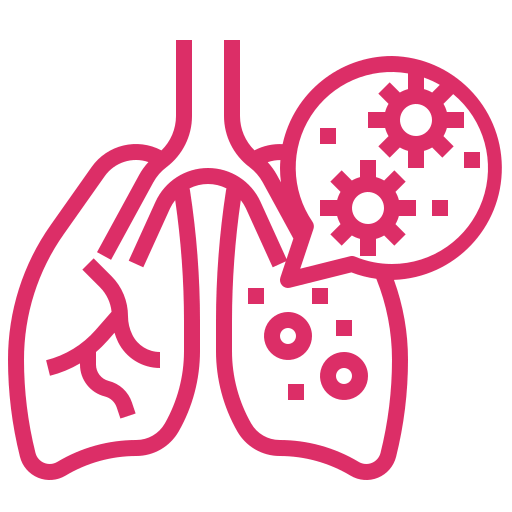
Respiratory Disease Models
Validated respiratory models that replicate acute and chronic lung diseases to support translational research.


Metabolic Disease Models
Translational platforms that reproduce key metabolic disorders, enabling early assessment of therapeutic potential.
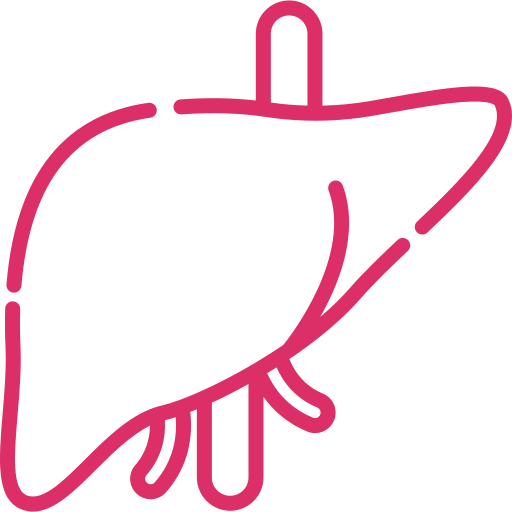
Liver Disease Models
Comprehensive liver models spanning acute, chronic, and metabolic conditions to support drug evaluation and safety studies.
- Alcoholic Liver Disease Model
- Liver Fibrosis Model
- Acute Liver Injury Models
- Chronic Liver injury Models
- Alcoholic steatohepatitis (ASH) model
- Nonalcoholic fatty liver disease (NAFLD) models
- Metabolic dysfunction-associated steatohepatitis (MASH, formerly NASH) models

Digestive Disease Models
GI models simulating NEC, IBS, gastric ulcers, pancreatitis, and IBD to facilitate translational research in digestive health.


Pain Models
Versatile pain models that reflect multiple pain mechanisms to advance analgesic research and therapy development.


Skin Disease Models
Comprehensive skin models covering hair growth, wound healing, acne, and photoaging to advance dermatological research and therapy innovation.
- Hair Growth Models
- Wound Healing Models
- Acne Models
- Skin Photoaging Model


Orthopedic Disease Models
Validated bone and joint disease models that reproduce osteoarthritis and osteoporosis for musculoskeletal drug discovery.


Infectious Disease Models
Versatile infection models for bacteria, viruses, and fungi, enabling evaluation of host-pathogen interactions and anti-infective therapies.
- Bacteria
- Virus
- Fungi


Rare Disease Models
Specialized models for rare genetic and autoimmune disorders provide valuable systems to explore disease etiology and novel treatment approaches.
- Huntington's Disease Model
- Amyotrophic Lateral Sclerosis (ALS) Model
- Batten Disease Model
- Muscular Dystrophy Model


Reproductive Disease Models
Models replicating reproductive disorders such as PCOS, endometriosis, and erectile dysfunction to support therapeutic development in reproductive health.
- Polycystic Ovary Syndrome (PCOS) Model
- Erectile Dysfunction (ED) Model
- Endometriosis Model
Read More
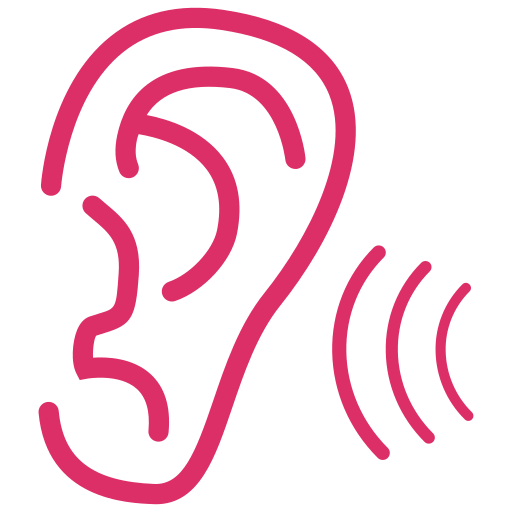
Otology Disease Models
Preclinical hearing loss models that provide valuable systems for studying auditory disorders and testing novel treatments.
Read More
Together with our well-established rodent platforms, we offer a comprehensive suite of NHP services to support preclinical research across multiple stages of drug development. These advanced NHP capabilities provide critical translational insights that go beyond what rodent studies can offer, particularly for biologics, vaccines, and cell and gene therapies. In addition to our NHP services, we also provide a range of NHP-related products to support your research needs. For a detailed overview of our NHP capabilities, please visit our dedicated NHP section.
FAQs
1. Can we customize disease models to fit our specific research needs?
Yes, we offer customization options for our disease models. Please reach out to our team to discuss your specific requirements and we will work closely with you to develop the most suitable model.
2. What species are included in your animal models?
Our offerings include various species such as mice, rats, rabbits, Guinea pigs, and non-human primates (NHPs), depending on the disease model and the specific requirements of your study.
3. How long do studies with disease models typically take?
The duration of studies varies based on the complexity of the model and the specific objectives of your research. Typically, they can range from a few weeks to several months. We will provide timelines during the project planning phase.
4. What types of outcomes can we measure using your disease models?
Our disease models allow for a wide range of outcome measurements, including pharmacokinetics (PK), pharmacodynamics (PD), efficacy, safety, and histopathological evaluations. Additionally, we provide comprehensive endpoint assessments such as biomarker analysis, imaging, behavioral tests (for CNS models), cytokine profiling, and functional assessments tailored to the specific model in use.
5. What are the costs associated with using your disease models?
Costs depend on the specific model and services required. We strive to provide competitive pricing and will give you a detailed quote based on your project's scope and customizations.
